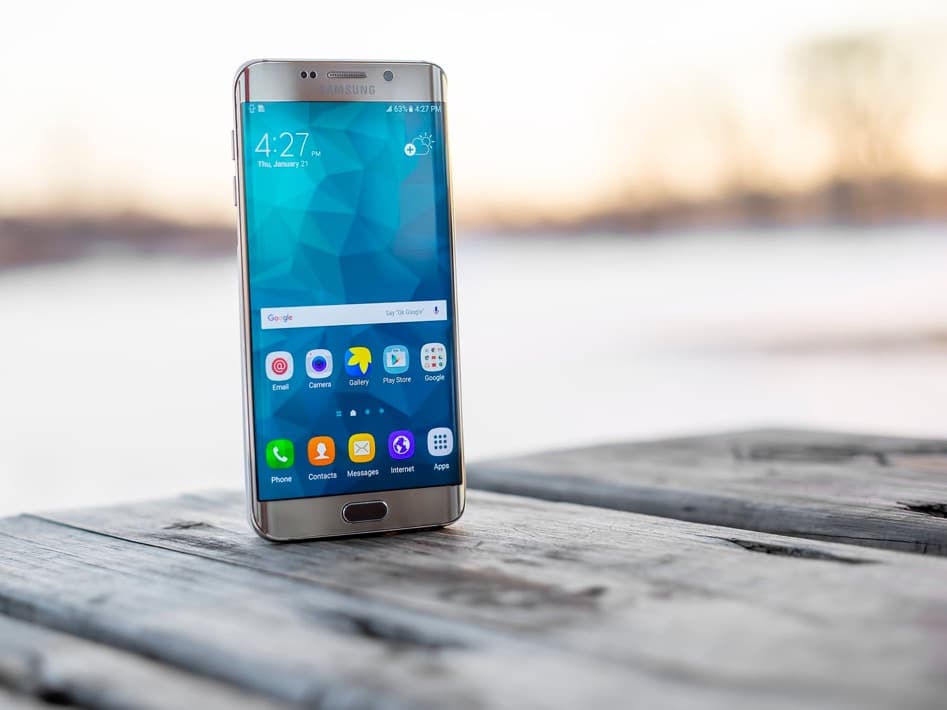Mobile app development may be the newer kid on the block than the humble website. However, both website and mobile apps serve very different purposes. Understanding these purposes and matching it to what you’re trying to achieve will help you make the right decision before making a costly digital investment.
We’ll take a look at the reasons to have a website and an app to give you a general guide on which path to take.
The case for a website
A website is like your shop front, so this is pretty straight forward. Most shop front aim to attract foot traffic and then once inside funnel your prospective customer to a hopeful sale. Similarly, a website should be doing this you’re your business and tactics like search engine optimisation is squarely in the web environment. Just look at your own behaviour. What do you do when you’re looking for new shoes?
Next, throw in a beautiful, intuitive web design with a clear call to action and those customers won’t forget how easy it was to deal with you over your competition in future searches.
The case for a mobile app
In recent years mobile technology has come leaps and bounds. Everyone is connected while on the move and is where apps really deliver their best value. Are you looking to provide an area where your customer can manage and track information about themselves or their activities? Even better, allow it to still be used when there isn’t an internet connection so usage is not interrupted.
Not only is navigating an app quicker than loading a web page, but you can also use the devices Operating System (OS) to unlock the device’s many features as a key product benefit. And this is really the tipping point for apps. A native app design can connect the user to functionality within the device OS allowing them to access all of the great features in a mobile device like the camera and GPS even access to other apps on the device like calendars.
Website vs Mobile App Investment
While the experience you wish to create should be the primary focus, the budget and technology set aside for the project is always an important consideration before starting your project. Native app development is more expensive than website development because, in order to get into the hands of most people, you need to build an app for every major mobile OS in use. Apple’s iOS and Google’s Android hold the lion’s share of the market but smaller operators like Windows can often have vocal users.
Alternatively, you can build a hybrid app. This uses web readable code so it can be accessed by any device but it also has limited integration with those valuable device and OS features.
When looking at the website vs app decision for your next project, consider the experience you wish to create first, along with the overall business purpose. If you indeed choose to build an app, it is best to do one thing well rather than have too many bells and whistles and make the best use of device and operating system features within the allowable budget to ensure maximum value.
Sling Digital Difference
For help in navigating app and website development decisions, we at Sling Digital can provide digital audit or digital strategy to plan out key recommendations of digital investment relevant to your business.
Sling Digital offers Australian small businesses a ‘tier 1’ digital service at a reasonable cost. Our goal is to build great relationships with a few trusted clients, working with them as an extension of their business, helping their business to grow.
Call us on 0416 782 009 or email [email protected] if you want to chat about how we can help your small business.











